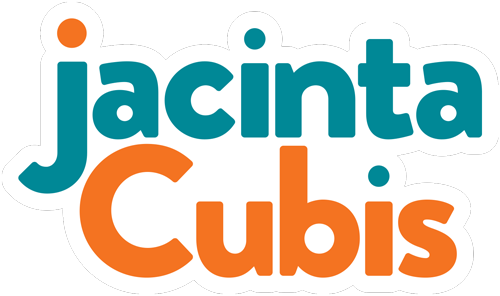Conversations Count
Doctors heal, teachers help people learn and scientists solve riddles.
What difference do facilitators make?
We help people to do their best thinking, help them to collaborate and work through tricky problems. I believe it’s a skill for life.
Still, at the end of conversation or workshop, no matter what outcomes have been achieved for a particular group, it can be hard for facilitators to see the bigger picture.
When I get home, my partner shares stories about the people he’s kept out of jail. Often, he defends the innocent. That’s impact.
It took a recent article in The Conversation - ironically – to remind me just how much conversations count.
Getting people together to talk can counter loneliness, which researchers Alex Haslam and Catherine Haslam, from the University of Queensland, and Tegan Cruwys, Senior research Australian National University, compared to a social cancer.
Loneliness, they said, kills.
“Loneliness increases the risk of death more than such things as poor diet, obesity, alcohol consumption, and lack of exercise, and that it is as harmful as heavy smoking.”
Drawing on the findings from the ABC’s Australia Talks, they discuss who is feeling lonely in Australia and what we can do about it. It’s a fascinating read.
Their call to action? “Let’s get talking.”
This made me sit up. Whether you facilitate every day, or every now and then as part of your day job, this highlighted for me that getting people talking is much more than about ‘good process’.
Facilitation can have a social impact well beyond the outcomes achieved on the day.
I knew that a process I co-facilitated with Max Hardy had a long-lasting impact on Gemma, a shy newcomer to a neighbourhood. She’d signed up for a local community engagement process. After five sessions with a group, she couldn’t wait to start volunteering for a community education program. She found the process fascinating and enjoyed connecting with others.
We knew that community connections had been strengthened as a result of this process, but at the time I don’t think I knew that the conversations Gemma contributed to helped to counter her loneliness.
That feels like impact to me. I’ve love to hear what you think.
And if you’d like help having conversations that count, here are four ways I can help:
Facilitation for groups of 5 to 500. I work with you to design the process to get the outcomes that you want.
Facilitation Skills Program 1:1 and group coaching over three months to show new and not so new facilitators how to read the room and ask the right question at the right time.
Peers Solve Problems – a short workshop for 4 to 10 people. Practise and improve skills such as prioritising, decision-making, listening, speaking up, engaging quieter people, being heard, strategic questioning, re-framing, communicating and synthesising. You have the answers – this process empowers you to uncover them yourselves.
Get tips & tools in my weekly blog.
Reply to this blog with TALK in the subject field if you’d like to chat.
Photo Credit: Safer Care Victoria and Ferne Millen Photography.

